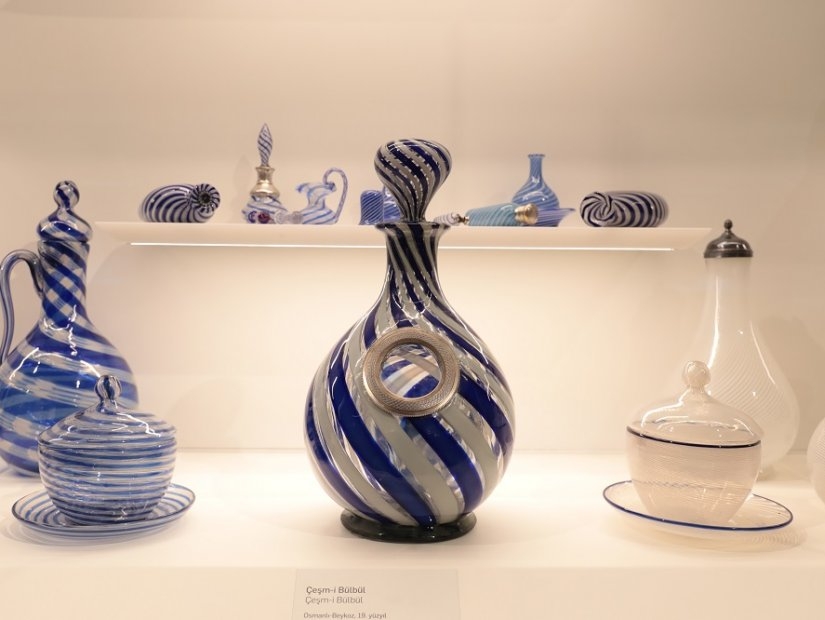Blog
Beykoz Glass and Crystal Museum
Beykoz Glass and Crystal Museum
Beykoz Glass and Crystal Museum is a historical building from the 19th century in the Beykoz district of Istanbul. The location of the museum is the house built by Abraham Pasha, a 19th-century government official. Inside the grove were birdhouses, a theater building, a pool, and a barn. The barn, which is the only building that survived to this day, was converted into a museum in 2021 after nearly three years of restoration. The museum, which was built here about the glass factory in Beykoz, sheds light on Turkish-Islamic art. More than 1,000 glasses are on display in the museum from Seljuk time to the present day.
What's in the Museum?
There are items in the museum that reflect the unique examples of Turkish glass art. Many works used in palaces and have survived to the present day are displayed in 12 thematic separated sections. The oldest structure of the museum is the Kubadabad plate, decorated with verbena and gilding, created with a free-blowing technique from Seljuk times. In addition, there is a glass carriage and crystal piano used by Sultan Mahmoud II. Moreover, there are kitchen utensils, perfume bottles, and inkwells used in Ottoman palaces. It is possible to see many informative boards about this glassware in the museum.
The museum also has a library for glass art, multi-workshops, a café selling delicious food, and a gift shop. The museum is located in a green area, the museum is home to 117 species of trees and also offers a botanical garden view.


